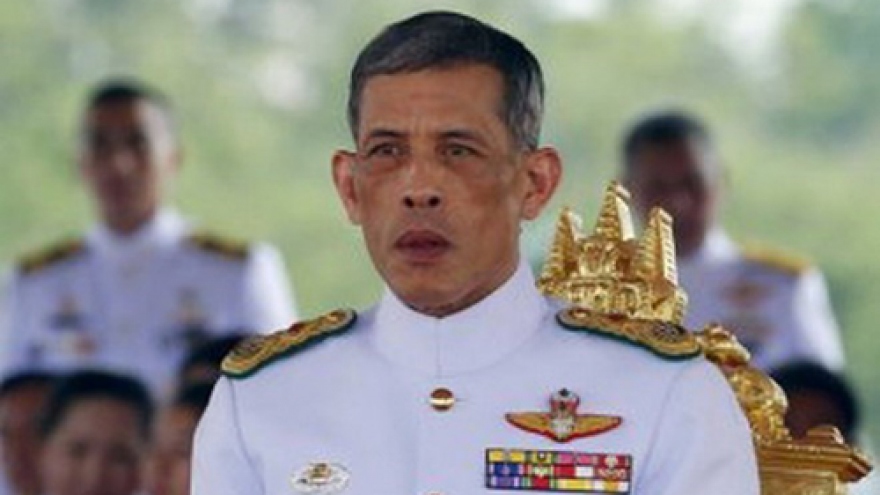Long-stay visa for senior tourists and new visa measures
The Cabinet, during its meeting on 22 November 2016, approved the extension of long-stay visa for senior tourists.
 |
At the same meeting, it also approved measures to attract tourist arrivals by waiving the visa fee and reducing the visa-on-arrival fee for tourists from many countries.
The Ministry of Public Health reported to the Cabinet that the number of foreign senior citizens seeking to stay in Thailand for a long period is on the rise.
These senior tourists have applied for the non-immigrant visa (long stay). They have stayed mainly in major tourist provinces, such as Chiang Mai, Chiang Rai, Chon Buri, and other famous seaside provinces.
As Thailand aims to develop itself as a Medical and Wellness Tourism Center, the Ministry of Public Health and the Ministry of Tourism and Sports in their joint meeting agreed to extend the long-stay visa from one year to 10 years.
The extension will be offered for tourists from 14 countries, namely Australia, Canada, Denmark, Germany, Finland, France, Italy, Japan, the Netherlands, Norway, Sweden, Switzerland, the United Kingdom, and the United States.
Eligible foreign senior tourists must be 50 years old and over and they are required to seek the non-immigrant visa (long stay) at the Office of Thai Consul-General overseas.
For those with other types of visa and wish to change it to the long-stay visa, their visa must be valid initially for five years and can be renewed for another five years in the form of a multiple entry visa.
This long-stay visa fee has been set at 10,000 baht. Eligible foreign tourists should have a monthly income of at least 100,000 baht, or a bank deposit of at least three million baht, which must be maintained for at least one year after the visa is granted.
They should also have a medical insurance coverage for one year, with at least US$1,000 for out-patient care and US$10,000 for in-patient care each time. They must also report to a designated immigration office every 90 days.
As for new visa measures, the Cabinet agreed to the proposal by the Ministry of Tourism and Sports to waive the 1,000-baht visa fee temporarily at the Royal Thai Embassy, or the Office of Thai Consul-General.
It also agreed to reduce the fee of the visa on arrival from 2,000 baht to 1,000 baht for tourists from 19 countries, namely Andorra, Bulgaria, Bhutan, China, Cyprus, Ethiopia, India, Kazakhstan, Latvia, Lithuania, the Maldives, Malta, Mauritius, Romania, San Marino, Saudi Arabia, Taiwan, Ukraine, and Uzbekistan.
The reduction will take effect for three months, from 1 December 2016 to 28 February 2017. It is intended to stimulate tourism and encourage foreign tourists to visit Thailand during the high season.


